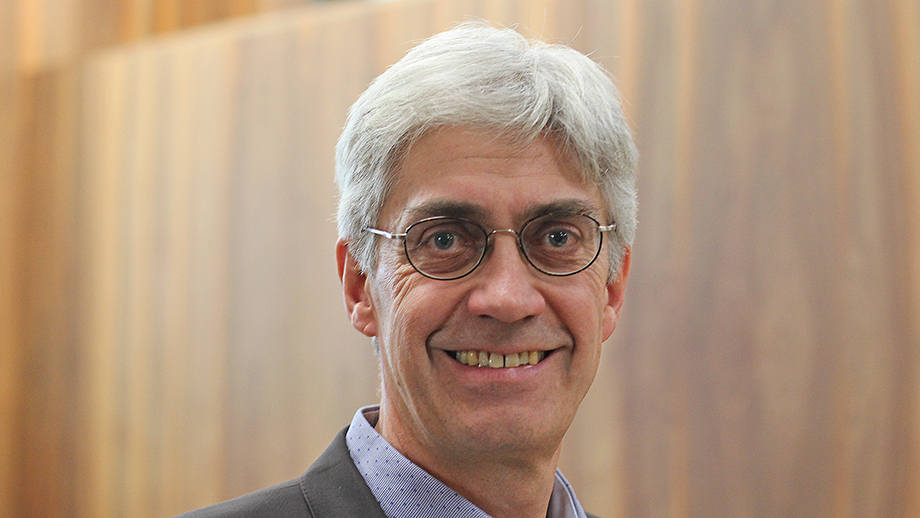Navigation auf uzh.ch
Navigation auf uzh.ch

By now most people will be aware that flying is bad for the environment. The current factsheet on business travel issued by the UZH Sustainability Team shows just how serious the impact of business trips is: a flight from Zurich to Paris and back produces 366 kilos of greenhouse gas emissions, and a return flight to New York generates 2,500 kilos (CO2 equivalents).
In other words, flying to one single conference in Manhattan notches up half the annual per capita emissions for people in Switzerland, around five metric tons. From other points of view it doesn’t look any better. For example, instead of flying to the U.S. you could feed yourself carbon-neutrally for around two-and-a-half years.
So if you want to behave sustainably you should think twice about whether you really need to fly. As it says in the factsheet, “Every time you avoid flying, you make a tangible contribution to climate protection.” “We want to help ensure that UZH members only fly if it’s absolutely necessary,” explains Lorenz Hilty, UZH Sustainability Delegate, who drew up the factsheet with his team and experts at Empa, the Swiss Federal Laboratories for Materials Science and Technology.
The factsheet compares the emissions of different modes of transportation and provides information enabling people to decide on how to proceed. The examples show that for a trip to Paris, traveling by rail wins hands-down from an environmental point of view, quite apart from the time you can spend doing something useful in the train.
Only audio or video conferences have a better environmental footprint. For this reason Hilty and his team recommend considering a virtual conference as an alternative any time you’re planning a meeting. The further apart the participants, the more environmental sense it makes.
“I realize that digital communications aren’t always a substitute for a meeting or conference,” concedes Hilty, “and sometimes people have to be present in person.” But if a videoconference is a viable alternative it pays off in several ways. A virtual meeting is environment- and budget-friendly, and saves traveling time.
The Sustainability Team adopts a neutral tone when conveying this information, and doesn’t preach or moralize. Hilty explains that the goal isn’t to give people a bad conscience or impose rules of environmentally correct behavior from above. The aim is to bring together the available knowledge about matters relating to everday university life to help people decide for themselves.
“We’re appealing to the judgment of UZH members.” Each and every person has to decide for themselves how far they want to go in practice – in other words, what environmental compromises they’re willing to make.
The second factsheet in this first series – on media use – also adopts an objective, neutral tone. It compares printing documents and using paper versions as opposed to reading online on various platforms. It emerges that the hidden “gray” energy and the factor of equipment life cycles make comparisons of this sort very complex.
Despite this, it’s clear that printing is always the most energy-intensive option for documents and publications that aren’t read by many people. If you have to print, it’s best to do so double-sided using a central printer. As far as computers are concerned, you can improve the environmental performance by using them for as long as possible before you buy a new one. Tablets come off best for reading online.
The Sustainability Team decided to publish the first factsheets on business travel and media use because of the environmental relevance of these issues. It seems that business trips by UZH members generate around twice the volume of greenhouse gas emissions as heating all the university’s buildings and power consumption combined. And every year around 30 million sheets of paper are used for printing at UZH. So changing habits can have a huge impact. Two more factsheets are planned for next year on the prospective topics of nutrition and commuting. The aim is to continue the series, and suggestions for more topics are welcome.